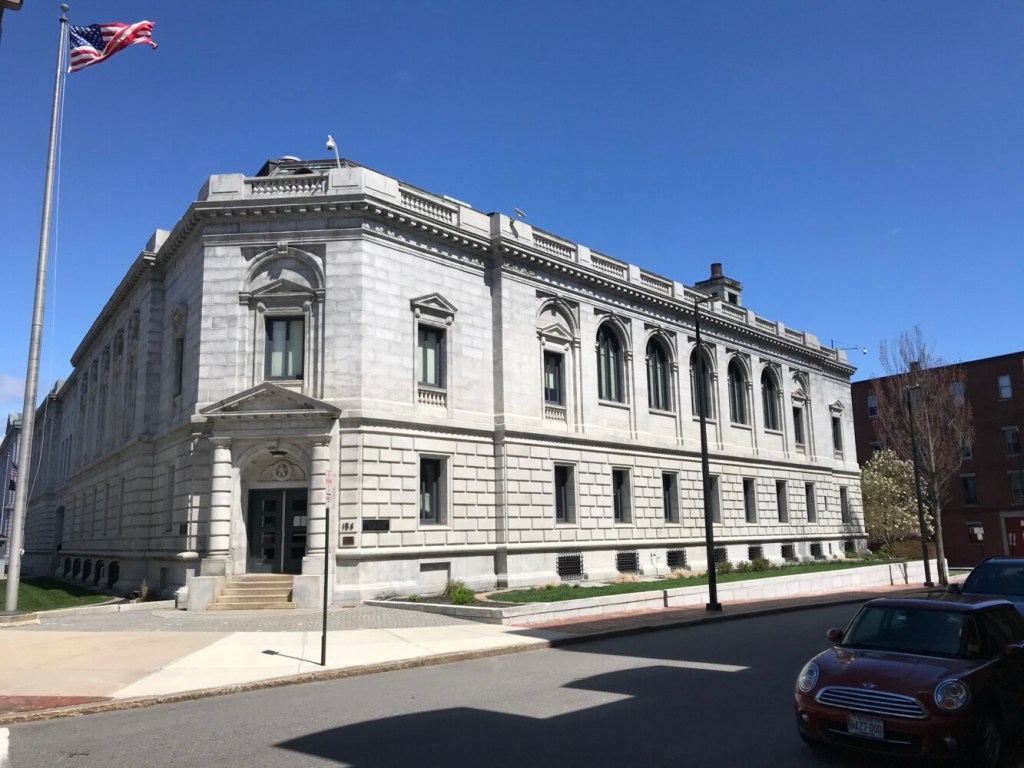Maine's Campaign Finance Reform Struck Down: Voters' Choice Deemed Unconstitutional

Maine's ambitious effort to reform campaign finance has hit a significant roadblock. A US District Court judge has ruled that the voter-approved limits on campaign contributions and spending are unconstitutional, dealing a blow to the will of nearly 75% of Mainers who supported the referendum in November.
What Happened? The referendum, passed with overwhelming support, aimed to curb the influence of large donors and corporations in state elections. It introduced stricter limits on individual and organizational contributions to candidates and political committees, as well as restrictions on independent expenditures. The goal was to level the playing field and ensure a more democratic process.
The Judge's Ruling: Judge Jon D. Levy, in a detailed ruling, found that the law violated the First Amendment's guarantee of free speech. He argued that the restrictions imposed by the referendum were overly broad and infringed upon the rights of individuals and organizations to express their political views through financial contributions and spending. The judge specifically pointed to the potential chilling effect the law could have on legitimate political discourse.
Why This Matters: This decision has far-reaching implications for Maine's political landscape. It effectively nullifies the changes voters intended to implement, potentially allowing for a return to a system where large donors wield significant influence. The ruling also highlights the ongoing legal battles surrounding campaign finance regulations across the United States, as courts grapple with balancing free speech rights and the need to prevent corruption or the appearance of corruption.
The Future of Campaign Finance in Maine: Supporters of the referendum are likely to appeal the decision to the US Court of Appeals for the First Circuit. This legal battle is expected to be lengthy and complex. Meanwhile, the state legislature may consider alternative approaches to campaign finance reform, potentially exploring options that are more likely to withstand constitutional scrutiny. However, the current ruling casts a shadow of doubt on the feasibility of implementing significant campaign finance restrictions in Maine.
Reactions & Controversy: The ruling has drawn sharp reactions from both sides of the political spectrum. Supporters of the referendum expressed disappointment and vowed to continue fighting for reform, while opponents argued that the law was an unwarranted intrusion on free speech rights. The debate underscores the deep divisions over the role of money in politics and the appropriate balance between protecting free speech and ensuring a fair and transparent electoral process.
Looking Ahead: The outcome of any appeal will ultimately determine the future of campaign finance in Maine. This case serves as a reminder of the challenges in enacting meaningful campaign finance reform and the importance of carefully considering the potential constitutional implications of such regulations.






